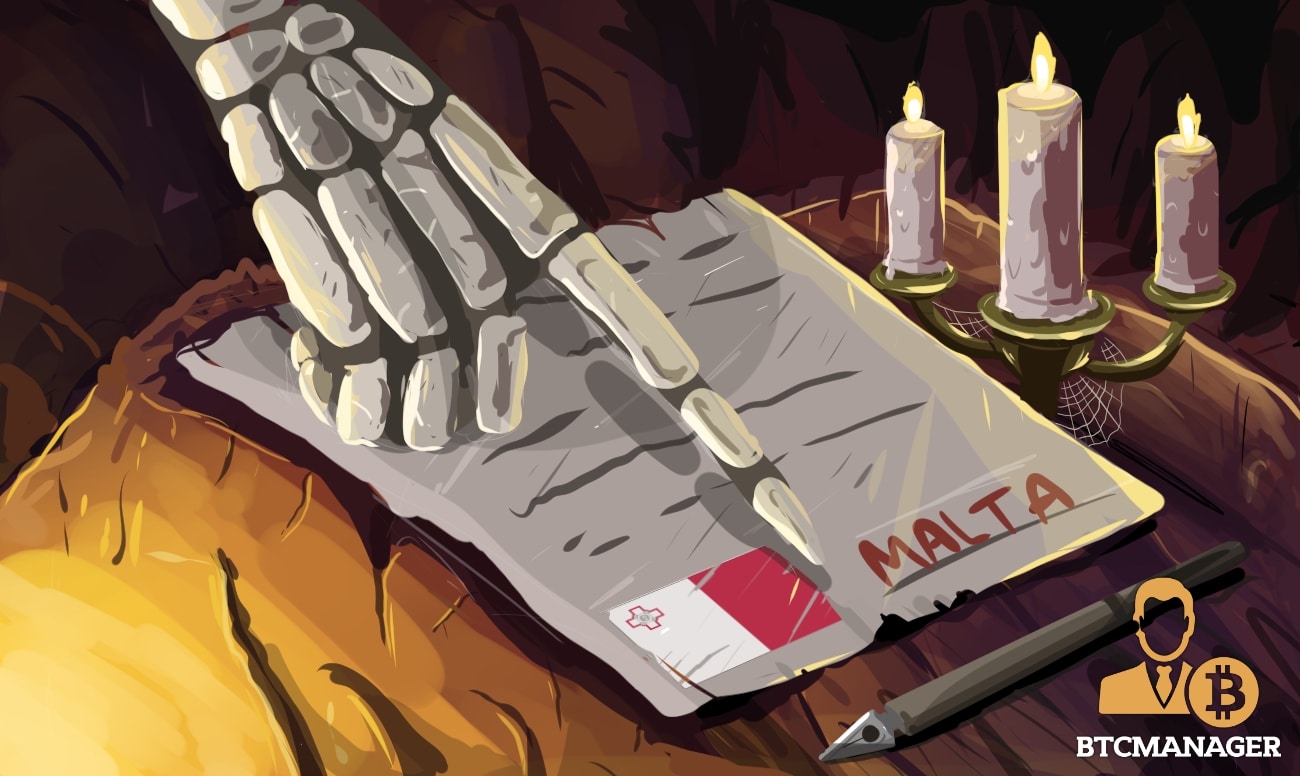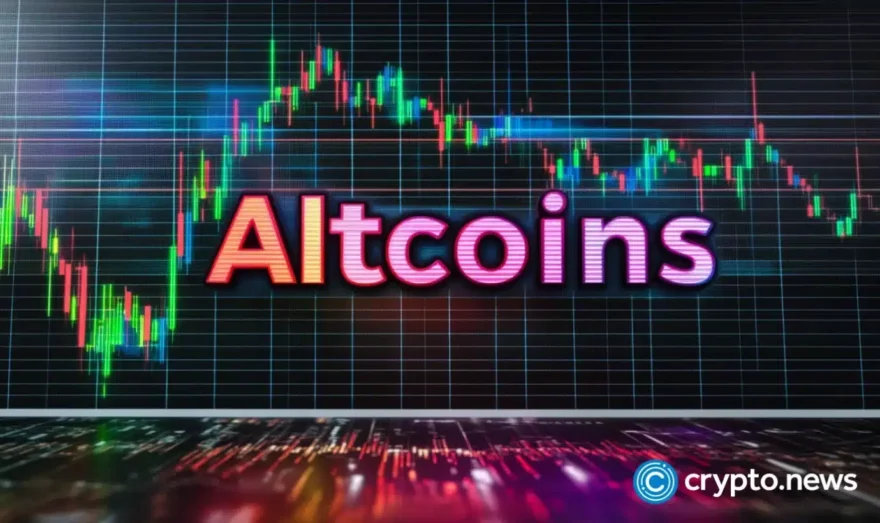As Malta Continues to Attract Crypto Investment, not Everyone Is Thrilled

Long known for being a holiday hotspot in the Mediterranean, the island of Malta has been making headlines for a different set of reasons recently, and opinions are split firmly down the middle over this matter. From Chinese crypto exchanges fleeing anti-crypto restrictions in their home country to blockchain fintech startups, everyone in the cryptosphere seems to be investing in the country. Amidst the seeming success story, however, some people in Malta and Europe are not enthused.
The Journalist
Daphne Caruana Galizia briefly became the biggest name in Maltese media last year. The investigative journalist’s blog was Malta’s most-read news source at a point (think TMZ meets The Intercept). On this tiny island where – like many small island states – pretty much everyone knows everyone, the only reason a blog like hers got so much attention was a function of the kind of stories she took on.
A brief scan of the subjects includes the following: This government official visited a prostitute. That government institution helped a Libyan oil smuggling ring evade international trade sanctions. Prime minister Joseph Muscat’s government was implicated in the other corruption saga. Muscat was selling Malta to crypto investors around the world, portraying the company as a crypto hub for them to come to invest in without having done any due diligence on them. Crypto would facilitate corruption, and the government was turning a blind eye.
These were all common themes in her writing as the outspoken journalist quickly became something of an unofficial rallying figure for the country’s opposition. With the fame came several lawsuits – 47 to be exact – 70 percent of which were filed by government officials according to her sister Corinne Vella.
In October 2017, she was killed by a car bomb and ostensibly the attacker had their way. The stories stopped being written and people had to find somewhere else to get their fix of salacious news. By April 2018 however, at the height of China’s unprecedented regulatory crackdown on all things crypto, cryptocurrency companies from the Far East started setting up shop in Malta, and why not?
With one of the world’s most developed blockchain infrastructure ecosystems and a delightful climate, Malta was marketed as the future European hub of the global blockchain ecosystem.
Binance, the world’s largest crypto exchange by volume soon announced that it was relocating its HQ from Hong Kong to Malta. Several cryptocurrencies and blockchain startups followed suit, attracted by Muscat’s announcement of a full regulatory and legislative framework to support development and trading of virtual assets as the first country in Europe to do so.
Within just a few weeks, analysts from Morgan Stanley reported that the majority of global crypto trading volume was being routed through this small island off the Southern coast of Europe.
The European Union
While many were and are enamored by Malta’s grass to grace story fuelled in no small part by vast amounts of crypto investment making their way to the island, a number of bodies and individuals across Europe see Malta as a potential liability.
Aside from its controversial passport selling scheme which essentially allows wealthy foreigners to pay for an EU passport and reap the benefits of free movement in the world’s largest free trade area, some EU personalities also claim that Malta’s crypto-positive stance makes the country less willing to examine and scrutinize offerings from investors so as to enforce local rules regarding KYC and AML frameworks.
For example, the European Banking Authority (EBA) recently excoriated the Maltese financial watchdog, the Maltese Financial Intelligence Analysis Unit, for failing to conduct effective supervision of Pilatus Bank. Essentially, the reasoning is that in its pursuit of crypto investment from Asia, Malta is effectively compromising the EU’s financial system by giving crypto companies easy access without a great deal of due diligence.
Some also accuse the Maltese government of using the investment, and the attendant economic growth and a budget surplus, as a cover for corrupt activities such as kickback schemes, money laundering, and unethical financial behavior.
From Prime Minister Muscat’s point of view, however, Malta’s crypto positioning is a “calculated risk” designed to fast-track investment inflows by cutting through layers of red tape that would otherwise serve as a drag on growth. Malta currently offers crypto companies a tax regime with rates a low as five percent. The country’s stock exchange is also in the process of preparing to list digital assets, and it has a set of comprehensive guidelines and laws to aid the trading and issuance of cryptocurrencies.
According to Silvio Schembri, Malta’s parliamentary secretary for financial services, these measures are paying off, as Malta’s attempts to woo digital investment are bearing fruit. According to him, it is part of a strategy to promote the country’s tourism, service, finance, and gaming industries. Schembri also revealed that Malta is working with global audit giant PwC to launch blockchain licenses for regulated entities by November 2018, in a move reminiscent of New York’s famous BitLicense.
Jonha Richman, a partner at JJRichman and marketing advisor for blockchain companies, told BTCManager:
“In the same way, HongKong and Singapore managed to attract various investors and their tiny countries, Malta understands that in order for the tiny country to compete with its neighboring countries, it needs to have an edge – part of such edge is its ability to attract investors through its business-friendly regulations and taxation. Instead of hating on the Mediterranean country, EU countries should look into how to better transform their own by revisiting their rather archaic policies and reflect the needs of the current times.”
Quoted in the South China Morning Post about European AML and KYC concerns for Malta’s crypto industry, Muscat said that he sees “blockchain as a technology being part of a solution when it comes to due diligence and anti-money laundering procedures. We’re quite aware of AML issues all across Europe and I don’t think it can be pinned down on one particular country such as Malta.”
For now, Malta remains the blockchain world’s global lodestar, far ahead of jurisdictions like France and the U.S. which are still battling with regulatory framework proposals, or China which has imposed a blanket ban on all things crypto.
Muscat believes that just as Malta has come up with regulation that made it a global blockchain leader, it will also come up with solutions to concerns raised by other EU members as a trailblazer. Speaking to SCMP, he stated that he thinks Malta can replicate its leadership in the regulatory area, leading to a situation where the EU will effectively borrow a lead from Malta’s playbook eventually.
Against the backdrop of an uncertain future and a less than thrilled group of EU neighbors, Malta remains staunchly optimistic about its crypto future. In the words of Michael Bianchi, chairman of Binance-backed Founders Bank, Malta remains the “Blockchain island.”















